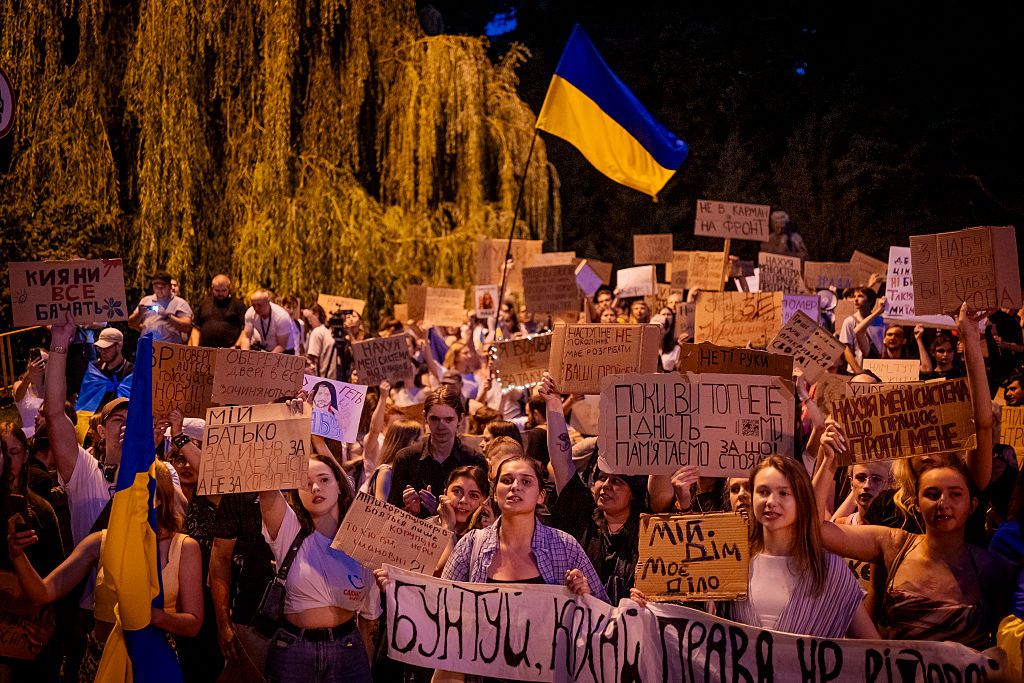Ukraine expects EU defense loans to help fund its defense industry, Sybiha says

Foreign Minister Andrii Sybiha on July 30 welcomed the European Union's move to boost defense spending though shared borrowing, saying it could be an opportunity to invest directly in Ukraine's defense industry.
Sybiha's comments came after 18 EU countries signaled interest in accessing at least 127 billion euros ($146 billion) in loans under the Security Action for Europe (SAFE) funding program — a European initiative designed to strengthen the bloc's defense sector through shared borrowing.
"This is a welcome mobilization of European defense funding," Sybiha said on X. "Europe is on track to significantly strengthen its defense industry, and Ukraine is an essential element of this effort. This is the movement in the right direction — toward increasing the continent's self-sufficiency and stability."
He added that Ukraine expects EU countries to use some of the new funds to support its defense production, calling it a "cost-effective investment in Europe's long-term peace and security."
The SAFE program, launched by the European Commission and adopted by the Council of the European Union in May, allows EU countries to access competitively priced long-term loans backed by joint EU borrowing. The loans aim to ramp up common defense procurement and reduce dependence on external suppliers.

Andrius Kubilius, EU Commissioner for Defense and Space, called the response "a major step" toward building Europe's readiness.
"Delighted to see big interest of EU Member States in SAFE loans," Kubilius wrote on July 30. "Up to 150 billion euros ($172 billion) will reach the European defense industry and contribute to ramping up European defense readiness."
The countries expressing early interest include France, Italy, Poland, Spain, and the Baltic States, among others. The Commission will use these preliminary requests to gauge overall demand ahead of a formal deadline in November 2025.
SAFE funds are expected to support investments in areas such as defense manufacturing, cyber capabilities, strategic supply chains, and dual-use infrastructure.
The program will provide up to 150 billion euros ($172 billion) in long-term, low-cost loans to Member States for urgent and large-scale defense procurements, with a focus on strengthening the European defense industry and closing key capability gaps.
While joint procurement between countries is encouraged to reduce fragmentation, the plan also allows temporary individual purchases in response to current geopolitical threats.
SAFE is a central part of the European Commission's broader ReArm Europe Plan 2030, which aims to unlock over 800 billion euros ($918 billion) in defense spending amid continued Russian aggression against Ukraine.
Ukrainian intelligence warned in May that Russia could restore its combat capabilities and threaten Europe again within two to four years after the war ends.












